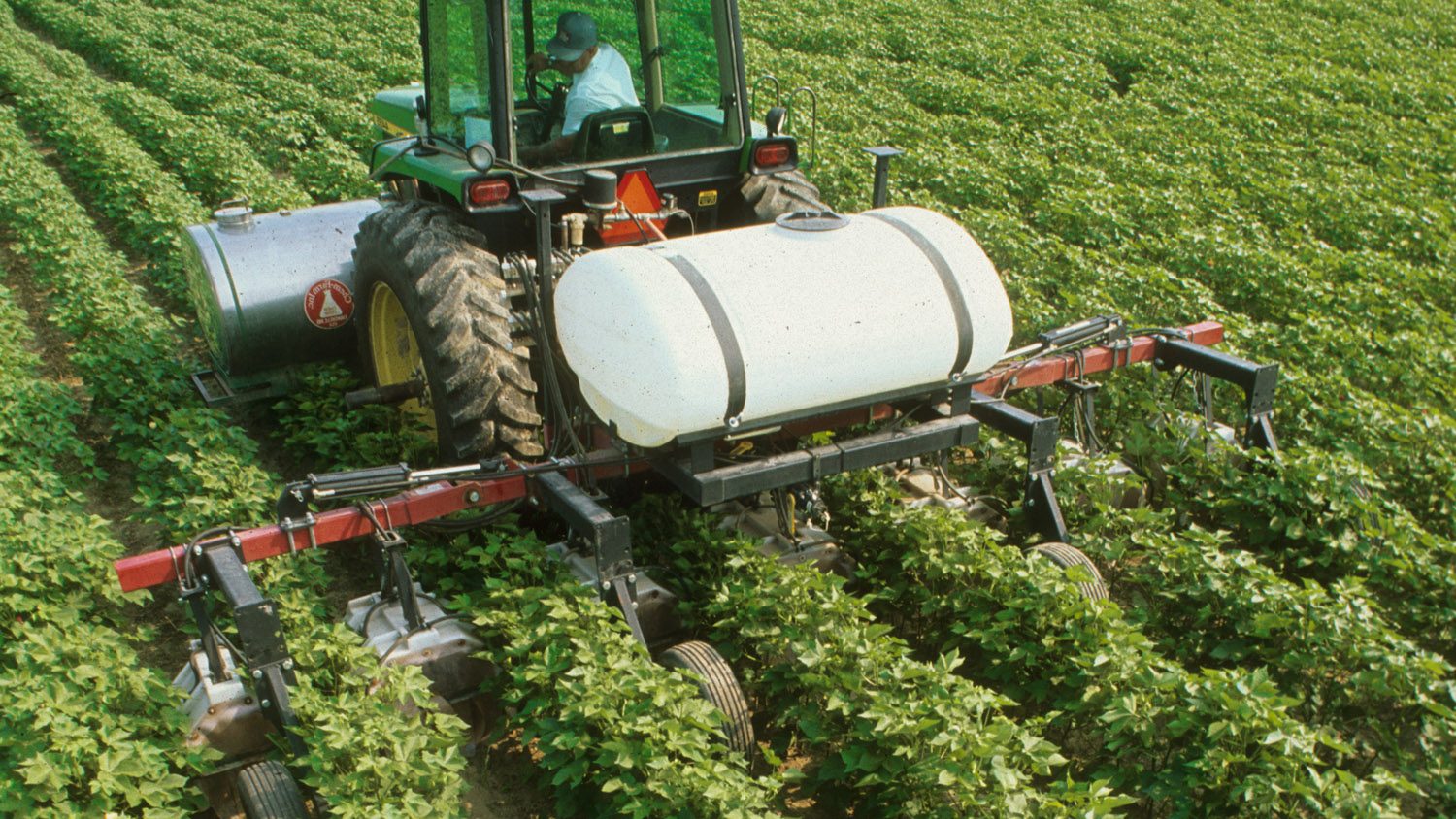
An apprentice engineer helps to ensure the long-term viability, safety, and environmental friendliness of farming, by evaluating agricultural operations and researching new technologies and techniques for optimising land use, boosting yields, and preserving resources.
As more biological discoveries are applied to agricultural practices such as on-farm energy production, agricultural engineers are in great demand. New agricultural waste uses are developing, and crops are providing food and new byproducts.
Apprentice agricultural engineers design and build equipment and systems for land preparation, planting, and harvesting. They blend new and used equipment with automation, precision, and “intelligent” or “smart” technology. Sensors work in tandem with microcomputers, controllers, artificial intelligence, and other software to increase the efficiency, sustainability, and reliability of food, feed, fibre, and fuel in the economy.
Apprentice agricultural engineers research ways to reduce crop loss due to field damage during handling, sorting, packing, and processing.
Responsibilities
Throughout your apprenticeship, you may help:
- assess the environmental impact of agricultural production methods
- supervise building projects, like land drainage, reclamation and irrigation
- solve engineering problems, like designing vehicles for all ground and weather conditions
- test and install new equipment, like harvesters or crop sprayers
- use GPS, weather data and computer modelling to give advice on land use
- plan service and repair programmes for machinery.
Salary
- Starting salaries for an apprentice is £25,000 per year.
- Experienced agricultural engineers can earn up to £45,000 per year.
Working hours
You will typically work 39 to 41 hours per week, occasional working on weekends and evenings.
Working environment
You could work in an office, on a farm or in a laboratory.
Your working environment may be outdoors in all weathers.
Qualifications
Qualifications you can achieve as an apprentice agricultural engineers include:
- Level 3 Land-based Service Engineering Technician – Entry requirements for this level include 5 GCSEs at grades 9 to 4 (A* to C), or equivalent, including English and maths, for an advanced apprenticeship. This qualification will take 36 months to complete.
Skills
On an agricultural engineering apprenticeship, you’ll learn:
- complex problem-solving skills
- knowledge of engineering science and technology
- design skills and knowledge
- to be thorough and pay attention to detail
- analytical thinking skills
- concentration skills
- the ability to work well with others
- persistence and determination
- to be able to carry out basic tasks on a computer or hand-held device.
Career path and progression
You might move to project management or technology research and development with time and experience.
You might also apply to the Engineering Council to become a chartered or incorporated engineer. You will plan, explore, and develop innovative ideas as a chartered engineer. The Institution of Agricultural Engineers has further information.
Technical sales, company growth, teaching, and consulting are all possibilities.
